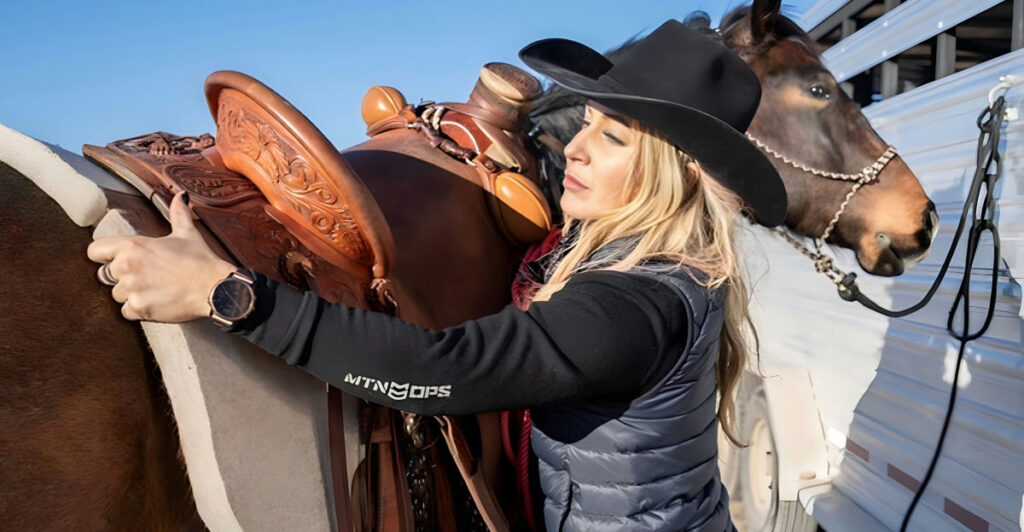
Recent events have reignited debates surrounding the ethics of horse riding, as high-profile controversies spotlight the impact on equine welfare. Once viewed as noble and beneficial, horse-riding practices, particularly in sports, are under scrutiny for causing physical and psychological harm to horses. This article revisits the evolving perceptions of horse riding, examining emerging animal welfare insights and ongoing controversies in equestrianism.
Early Experiences and Evolving Perspectives
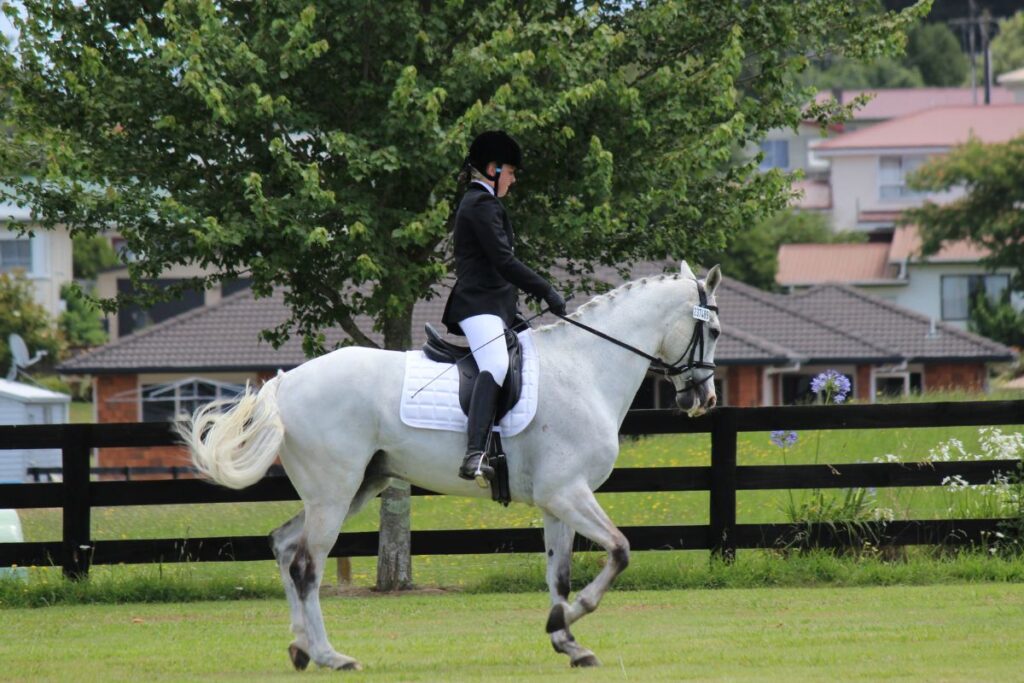
Rachael Wheeler, a lifelong horse enthusiast, began riding at age nine but later became uneasy with how horses were treated. Working with a “moody mare” who resisted riding led her to suspect discomfort rather than defiance in the horse’s behavior. Wheeler’s experiences culminated in her founding a sanctuary in Spain, where horses live naturally, free from human interference. Her journey reflects a growing view among equine advocates that horses should be allowed to live without being forced to perform or carry riders.
Shift in Equestrian Science
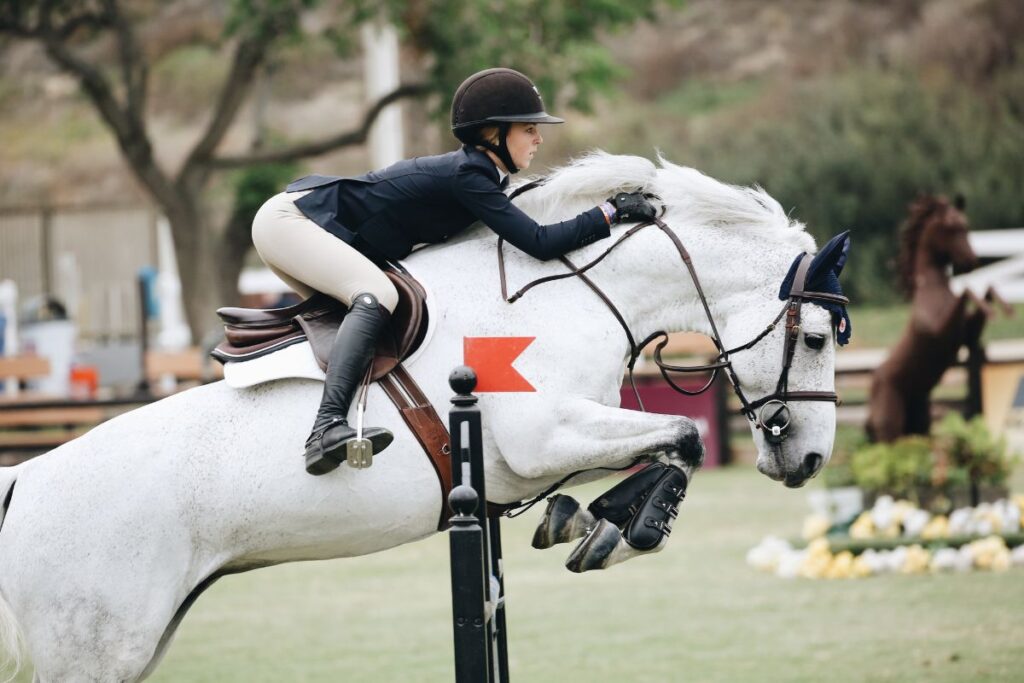
New research on equine behavior indicates that horses often mask pain, which has prompted experts to question traditional training practices. Equine pain specialist Dr. Sue Dyson developed the Ridden Horse Pain Ethogram, a tool that helps detect signs of discomfort. Equine behaviorists now emphasize positive reinforcement over punishment, paralleling changes in dog training and child discipline. However, resistance persists in traditional circles, where obedience and control remain priorities in horse training, stemming from military origins in equestrianism.
The Social Licence to Operate (SLO) and Public Trust
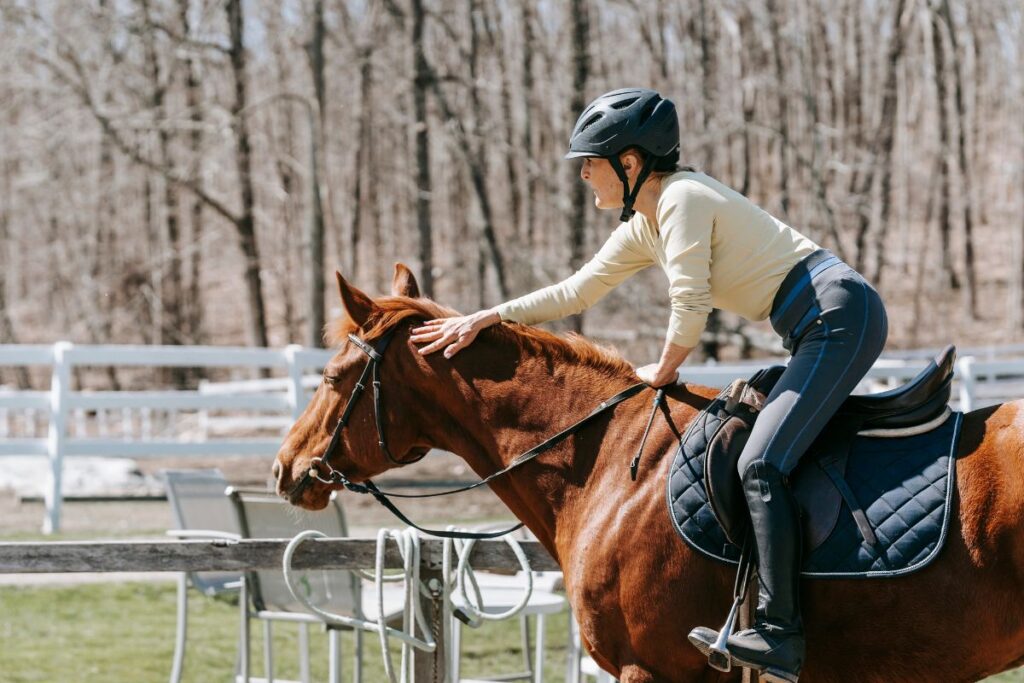
“Social Licence to Operate” (SLO) refers to societal approval of equestrian practices. Leading voices like Dr. Lisa Ashton advocate for transparent, humane training methods that respect horses’ welfare. The Charlotte Dujardin controversy, where the Olympic rider was seen whipping a horse, intensified public concerns and highlighted the need for SLO in equestrian sports. To sustain public support, the industry is urged to prioritize horse welfare and accountability.
Controversies Beyond Dressage
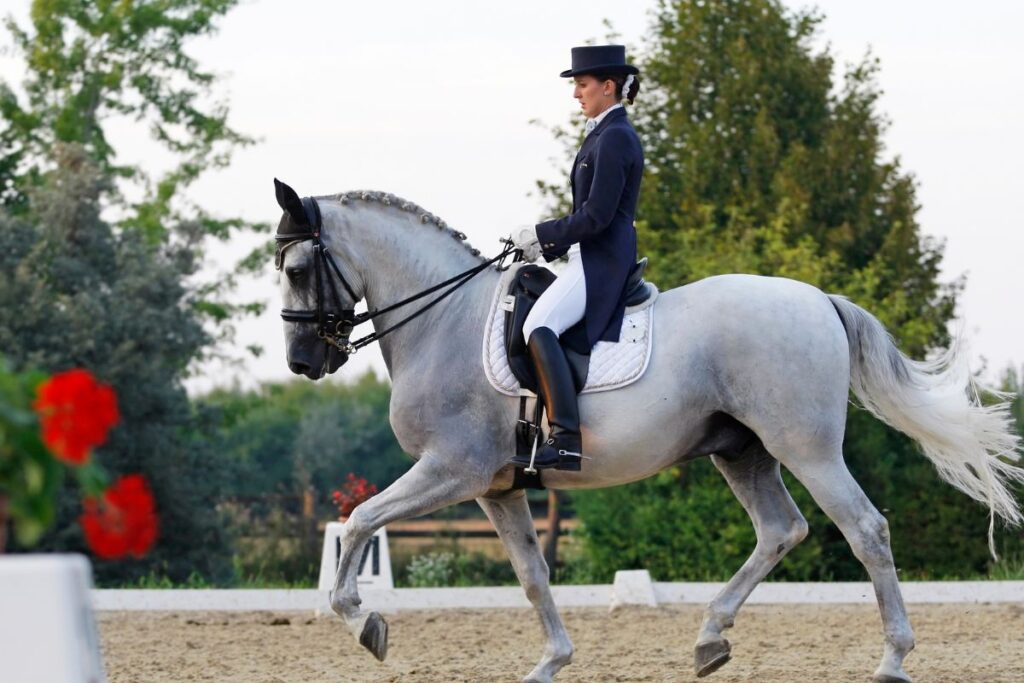
The debate extends to sports like polo and horse racing, notorious for equipment that restricts horses’ movement and for rigorous training. The use of harsh tack, such as gag bits in polo, faces growing criticism. Furthermore, the high injury rate in horse racing, with hundreds of racehorses dying annually, has called the sport’s viability into question. Despite welfare reforms, critics argue that the entertainment value of these sports cannot justify the harm inflicted on horses.
A Changing Landscape for Equestrian Sports
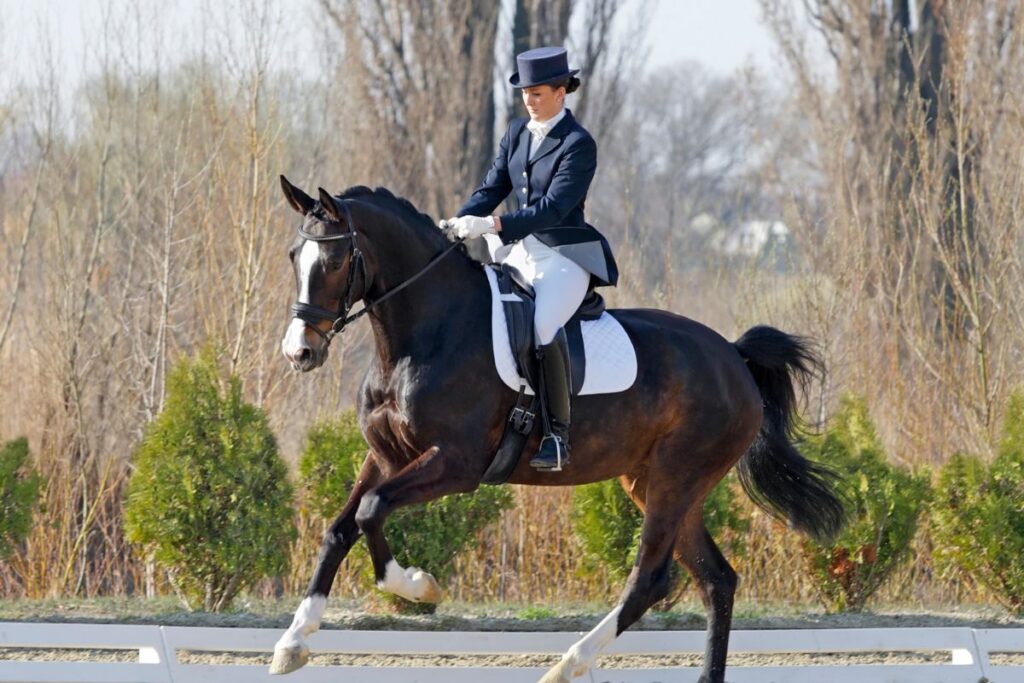
While some equestrian institutions, such as the Spanish Riding School, emphasize classical horsemanship principles, the general public’s sentiment continues to shift. Documentaries and research may play crucial roles in educating audiences about the treatment of horses. Increasing awareness may push equestrian sports towards more humane practices or even lead to a future without horse riding, as calls to end equestrian exploitation grow louder.
Sources:
The Telegraph – https://www.telegraph.co.uk/news/2024/08/22/is-it-time-we-stopped-riding-horses/
Stay connected with us for more stories like this! Follow us to get the latest updates or hit the Follow button at the top of this article, and let us know what you think by leaving your feedback below. We’d love to hear from you!







